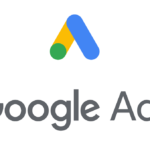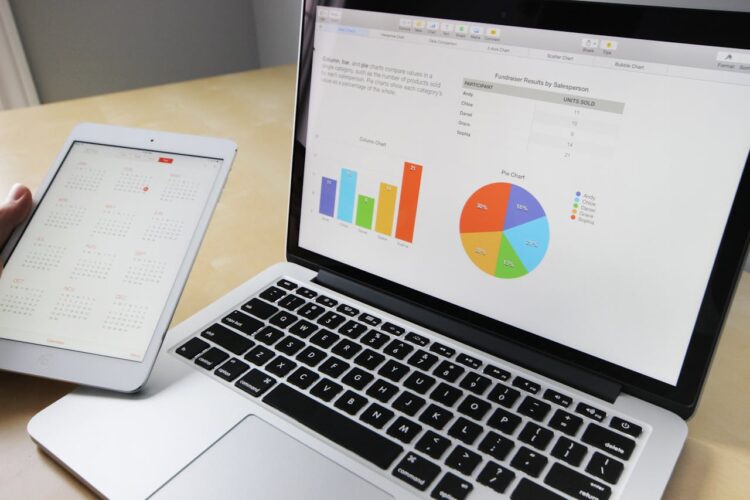
Are you a blogger demotivated by the fact that your blog isn’t getting views? Are you continuously churning out unique content yet finding it difficult to rank on Google? Well, you need only one hack- SEO. Search Engine Optimization or SEO will help your blog rank higher on Google and get an insane amount of traffic. Read this entire blog to know the top 7 SEO tips for bloggers, execute them and you will see the results in no time.
What is Search Engine Optimization?
Before we dive deep into SEO tips for bloggers, let’s understand what is SEO.
SEO or Search Engine Optimization is a type of digital marketing that forms the fundamentals of internet marketing. The term means a continuous process of making changes on the website (content and technical) to achieve higher rankings and website traffic.
There are two types of SEO strategies: on-page and off-page. Your on-page SEO efforts aim to improve your website’s search engine rankings. Keywords, HTML tags, page titles, and mobile friendliness are all considered part of on-page SEO.
Off-page SEO rankings are influenced by many factors such as link building, guest posting, blogging, etc. While they are approached differently, all have the same goal of enhancing your website’s reputation and trust through third-party collaborations.
Top 7 SEO Tips for Bloggers in 2022
Let’s get to business now and look at the top 7 SEO Tips for Bloggers in 2022 and how they benefit your blog effectively in long term.
1. Keyword Research
To understand keyword research, let’s first look at the term ‘keyword’. Keywords are nothing but a part of the user’s search query. For example, to understand keyword research, a user will type ‘What is Keyword Research?’ on Google. This is a keyword.
For bloggers, it is important that you pick out a niche or expertise that you can talk about. Then you can choose the top keywords that users type when they are looking for your niche. Incorporating keywords in your content and meta tags gives a boost to your blog performance. This entire process is known as keyword research. Bloggers must involve this as their first part of content planning. Don’t know what content planning is? Read ahead.
2. Content Planning
Planning your content is half the race won. Remember when we used to divide our school essays into introduction, body, and conclusion- well, that is a similar process every blogger should follow while planning their content. Additionally, it is important that you plan your Header Tags well.
Header Tags must include your focus keyword or related keywords. Planning content will help you put the SEO perspective of blogs into operation.
3. Related Media
I know that suggesting adding media to your blogs is an ordinary tip, something anyone can tell you. But, let me explain the term ‘relative media’.
A lot of bloggers feel that stuffing a blog with media and videos will improve their rank but it reduces the page speed and also comes under Google’s radar. Google will recognize such media as unnecessary and push blogs even down. For example, you cannot add an image of a pastry in the blog ‘Digital Marketing Jobs’.
4. Optimize Meta Tags
Bloggers know how important meta tags are, they can make or break your deal. Meta Tags include Meta Title, Meta Description, slugs, and URL. Optimize your meta tags by adding focus keywords and actionable words such as Top, Best, Must Read, etc will help you rank higher.
5. Link Building
Okay, so you got the content and keyword research on point. Now, it is time to start off-page optimization. Links can be classified into two categories, namely internal and external. Links that navigate users to another page within your website are called internal links. An external/outbound link refers to a link from another website to yours.
Must Read: Top 10 Strategies for Link Building in SEO
6. Mobile-friendly SEO
More than 58% of searches happen via mobile devices globally and this definitely is a point of optimization for bloggers. Not content-wise, but you can design your blog site to make it more mobile-friendly so both content and user experience are maximum. Some of the hacks to create a mobile-friendly blog site are-
-
Do not design a cluttered blog site.
-
Try to reduce the web page speed time.
-
Avoid pop-ups or large CTAs.
-
Keep testing how the webpage looks on mobile devices.
7. Continuous Process
SEO is a long-term practice, not a project that you can complete within a week or a month. You must update your blogs after regular periods of time so that users find them relatable. Also, optimization depends upon Google’s algorithm update as well. Google rolls out algorithm updates quite often and it affects your blogs’ ranks. Hence, to keep it Google-friendly, optimization is a must.
Where can you learn SEO?
SEO is one of the primary modules of advanced digital marketing training that involves on-page and off-page SEO practices. You can either choose to get trained in SEO specifically or learn all the types of digital marketing in an advanced digital marketing course from a reputed digital marketing institute.
An SEO course should include-
-
Keyword Research
-
On-Page Content Structuring
-
SEO for Google
-
Link Building
-
Google Search Console and Google Analytics
-
Blackhat SEO Techniques and how it impacts Rankings
Conclusion
The above 7 tips for bloggers will definitely help your content rank higher and retain the position for a long time. Along with increased rank, you will notice a jump in website traffic and on-page time as well. Hope this blog helps you write SEO-friendly blogs!





